Sports cars and luxury coupes both offer thrilling driving experiences, but their reliability can vary significantly. Understanding these differences can guide consumers in making informed purchasing decisions. This article explores how these two categories of vehicles compare in terms of reliability, maintenance, and overall value.
Understanding Vehicle Reliability
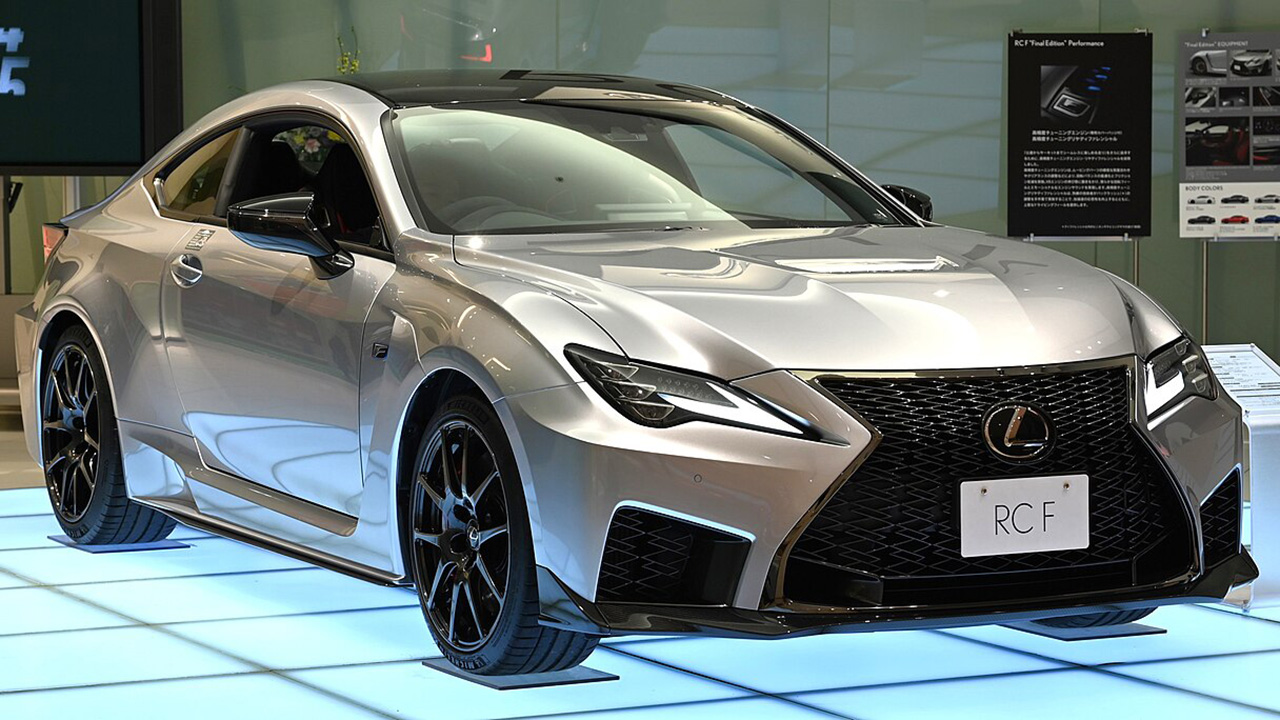
Vehicle reliability refers to the ability of a car to perform consistently well over time without frequent breakdowns or need for repairs. It is often measured by the frequency of repairs and the severity of issues encountered. Reliability ratings are typically compiled by organizations like Consumer Reports and J.D. Power, which collect data from owners about their experiences with various models.
Several factors affect the reliability of sports cars and luxury coupes. These include the quality of materials used, engineering precision, and the complexity of technology integrated into the vehicle. Sports cars, with their focus on speed and performance, often have specialized components that can be prone to wear and tear. Luxury coupes, on the other hand, might incorporate advanced electronics that can lead to reliability concerns.
Reliability ratings play a crucial role for potential buyers as they provide insights into the long-term performance and maintenance needs of a vehicle. For instance, a 2020 Lexus RC scores high in reliability due to its robust engineering and quality materials, offering peace of mind to its owners. These ratings can influence purchasing decisions, helping consumers choose vehicles that promise fewer problems down the road.
Sports Car Reliability Analysis

Sports cars are designed with performance in mind, which can sometimes come at the cost of durability. The emphasis on high speed and agility often means that components are pushed to their limits. For instance, the 2022 Porsche 911 is renowned for its exhilarating performance, but owners must be prepared for the potential of increased wear on the engine and transmission over time.
Common reliability issues in sports cars often revolve around the powertrain. High-performance engines are complex and can develop problems such as oil leaks or overheating. Transmission issues are also prevalent due to the high-stress conditions under which these cars operate. Brands like Chevrolet, with models such as the 2019 Corvette, offer insights into the balance between performance and reliability challenges.
Brand-specific insights reveal that some manufacturers manage to strike a better balance between performance and reliability. For example, the 2021 Mazda MX-5 Miata is praised for its nimble handling and simplicity, which contribute to its reliability. By focusing on less complex engineering, Mazda has created a sports car that is both fun to drive and dependable.
Luxury Coupe Reliability Insights

Luxury coupes often focus on engineering precision and high-quality materials to deliver a superior driving experience. This attention to detail can result in vehicles that are both comfortable and reliable. The 2023 BMW 4 Series, for example, offers an excellent blend of performance and reliability, thanks to its robust engineering.
Despite their strengths, luxury coupes can suffer from reliability issues, particularly with electronics. The integration of advanced infotainment systems and driver aids can lead to electrical problems. Owners of models like the 2018 Mercedes-Benz E-Class coupe have reported issues with the infotainment system and electronic controls, which can detract from the overall ownership experience.
When comparing brands, it’s clear that some manufacturers excel in producing reliable luxury coupes. Lexus, with its 2025 LC 500, is often at the top of reliability charts, thanks to its meticulous engineering and use of high-quality materials. By contrast, some European brands may prioritize cutting-edge technology, which can sometimes lead to more frequent repairs.
Cost of Ownership: Maintenance and Repairs
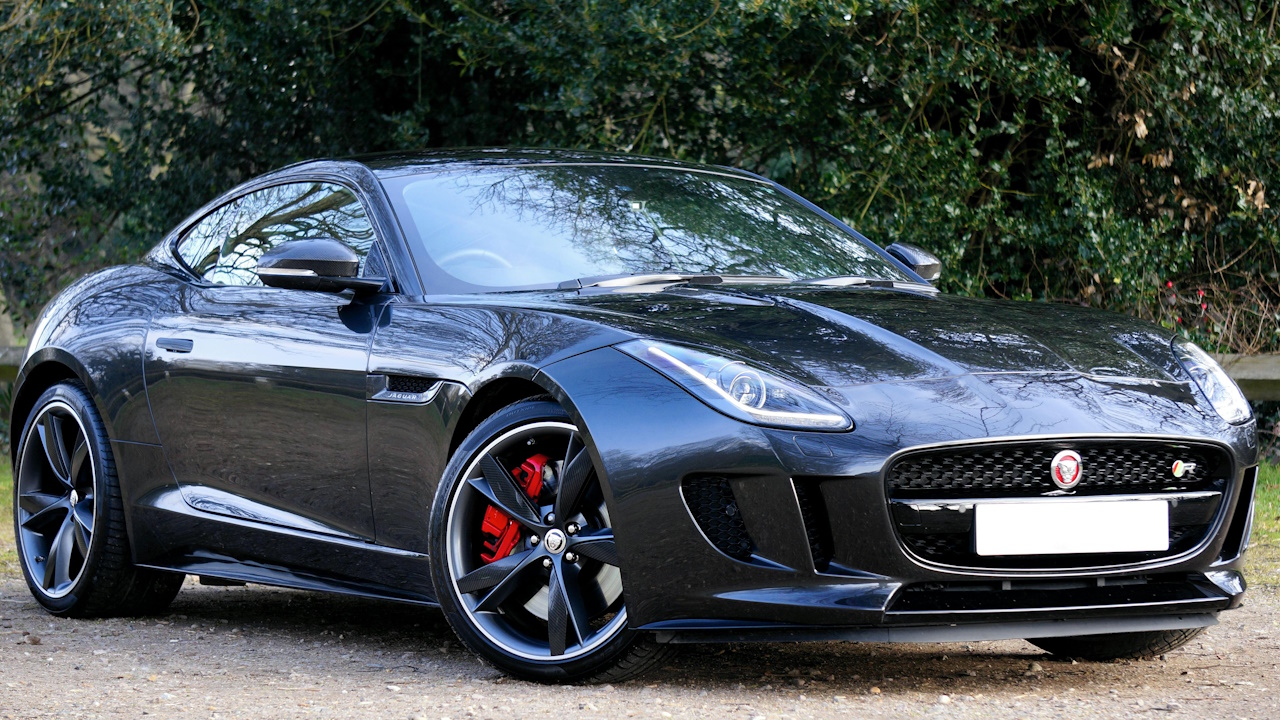
The cost of maintaining and repairing sports cars and luxury coupes can vary significantly. Routine maintenance for sports cars like the 2024 Ford Mustang GT tends to be more frequent due to the demands of high-performance driving. This can lead to higher long-term costs for owners who drive their vehicles hard.
Repair costs and frequency also differ between these vehicle categories. Sports cars often require specialized parts and service, which can be expensive. For instance, replacing a clutch in a 2021 Jaguar F-Type can be a costly affair. Luxury coupes, while generally more reliable, can suffer from expensive electronic repairs, such as those needed for the 2022 Audi A5 if its infotainment system malfunctions.
Warranty and service options are another critical consideration. Many luxury brands offer comprehensive warranty packages that cover repairs for several years, which can provide financial relief.
Long-Term Value and Depreciation
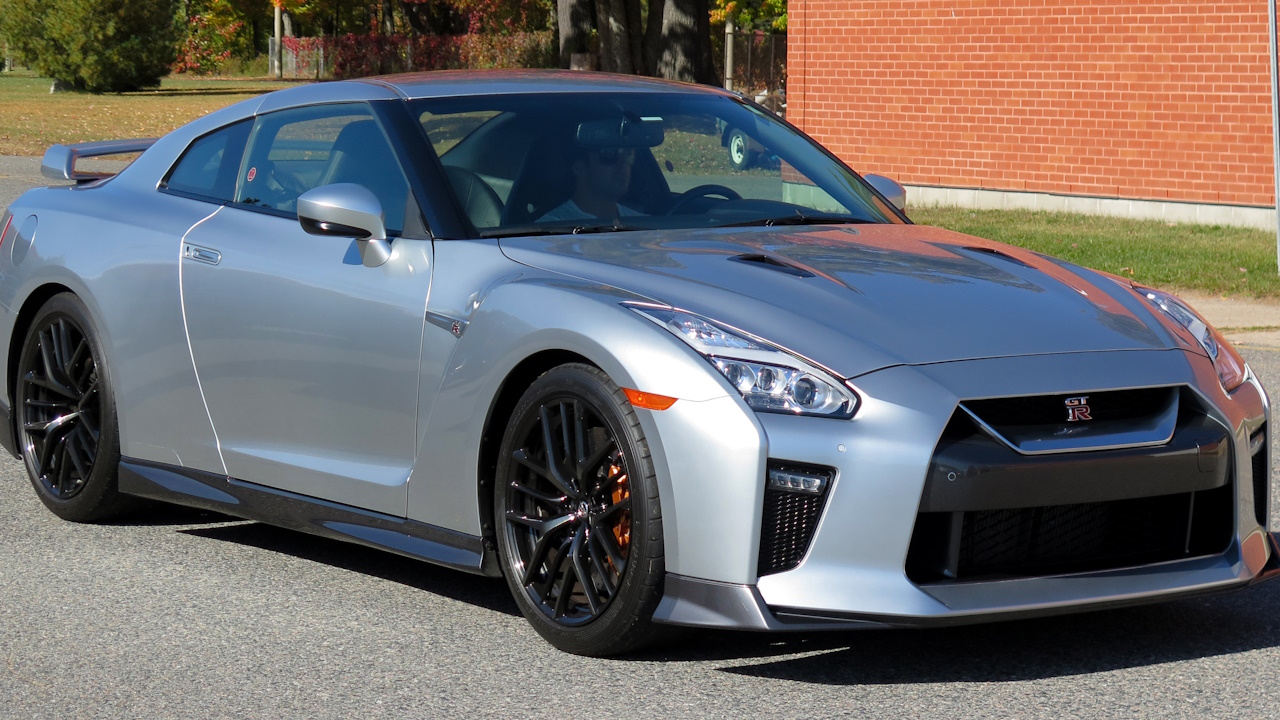
Depreciation rates for sports cars and luxury coupes can vary, impacting their long-term value. Sports cars often depreciate faster due to their niche market and the rapid pace of performance advancements. A 2019 Nissan GT-R, for example, might lose value quickly as newer, faster models enter the market.
Resale value is influenced by brand reputation, reliability, and demand. Vehicles like the 2020 Toyota Supra tend to hold their value well due to a combination of reliability and a strong enthusiast following. In contrast, luxury coupes that are prone to electronic issues may see a steeper depreciation curve.
When considering these vehicles, it’s essential to weigh the potential for financial investment against the enjoyment they offer. While some models may not appreciate in value, the joy of driving a 2023 Aston Martin Vantage might outweigh the financial considerations for many enthusiasts. Ultimately, the decision should align with individual priorities, whether that’s investment potential or the thrill of the drive.
Like Fast Lane Only’s content? Be sure to follow us.
Here’s more from us:
*Created with AI assistance and editor review.

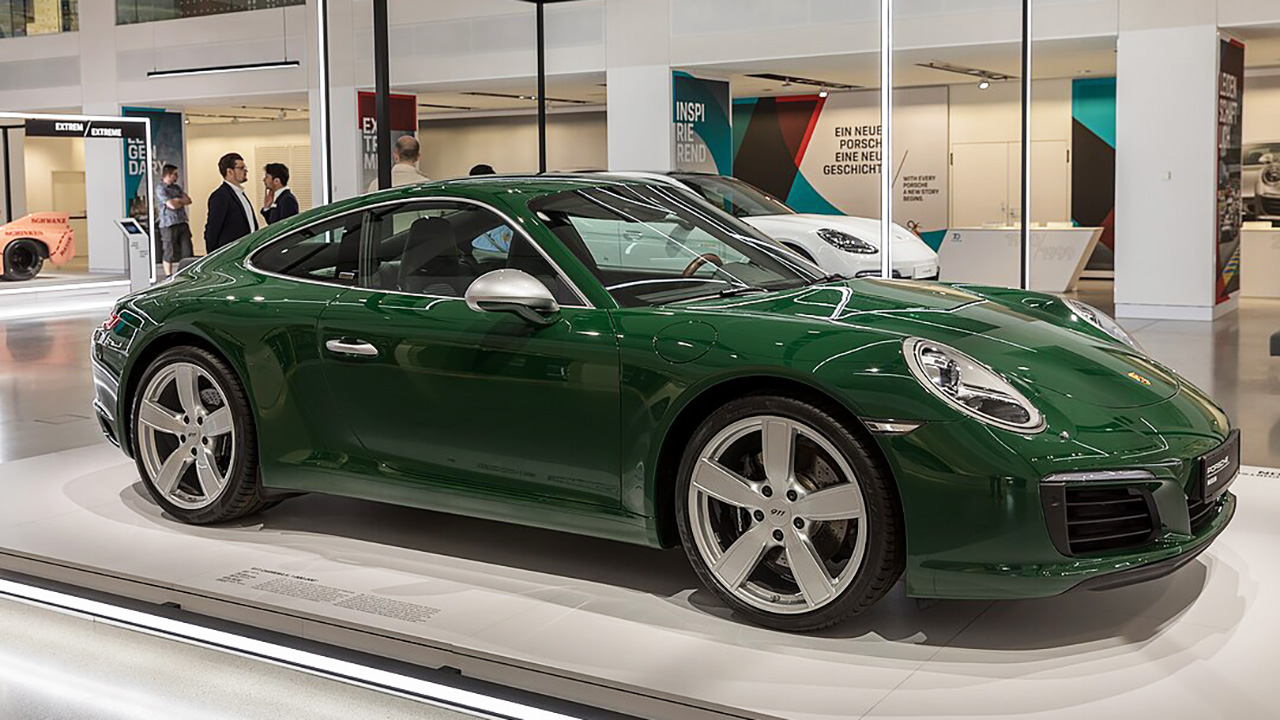
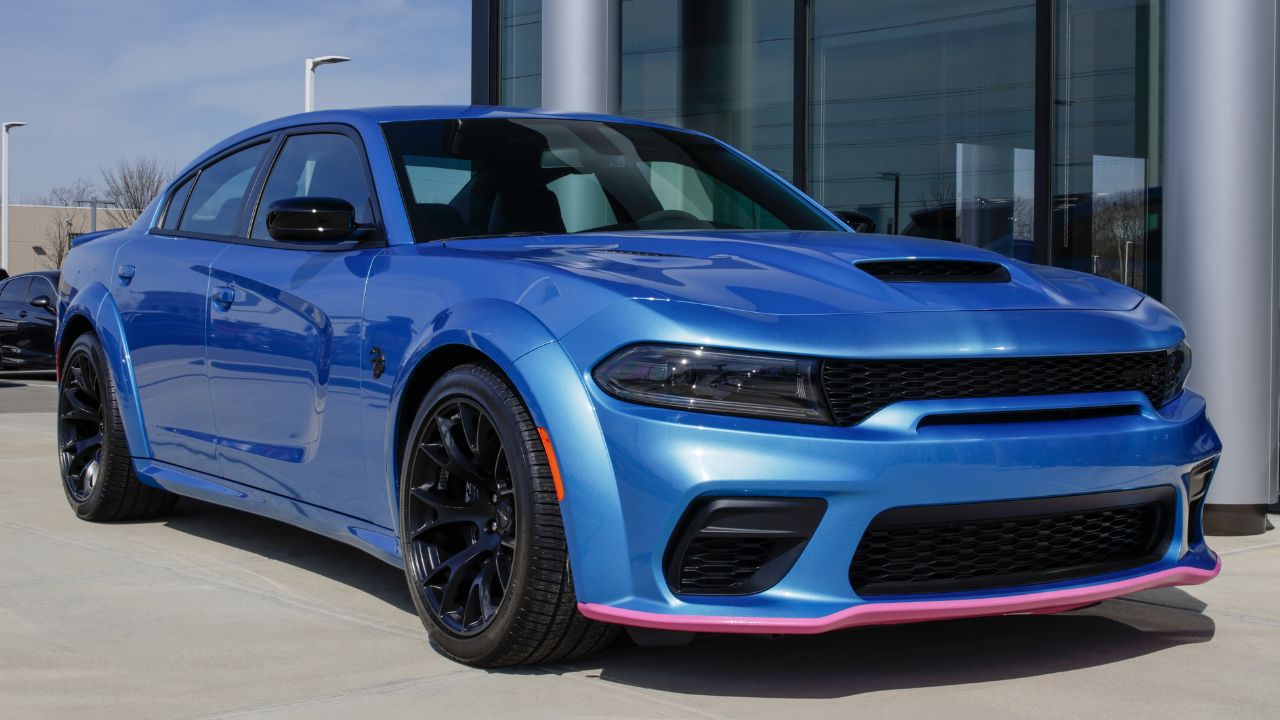
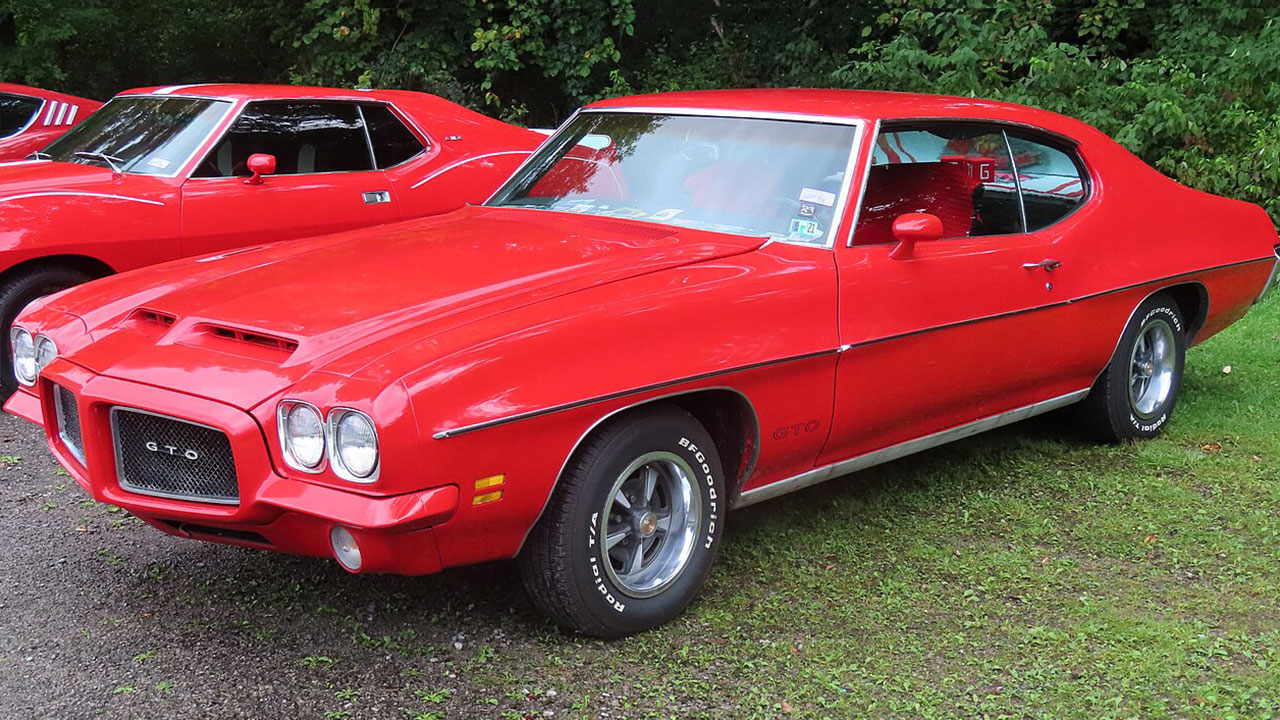


Leave a Reply